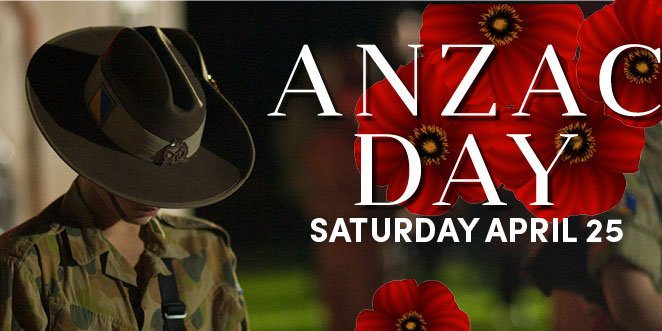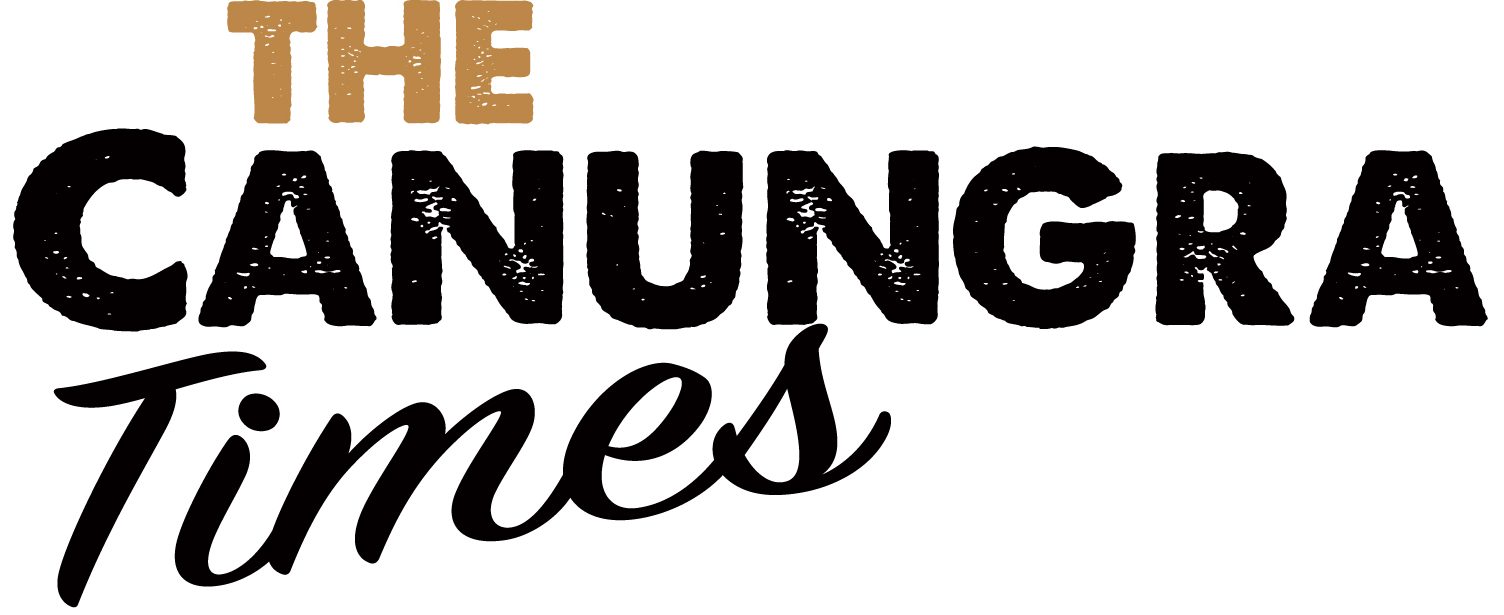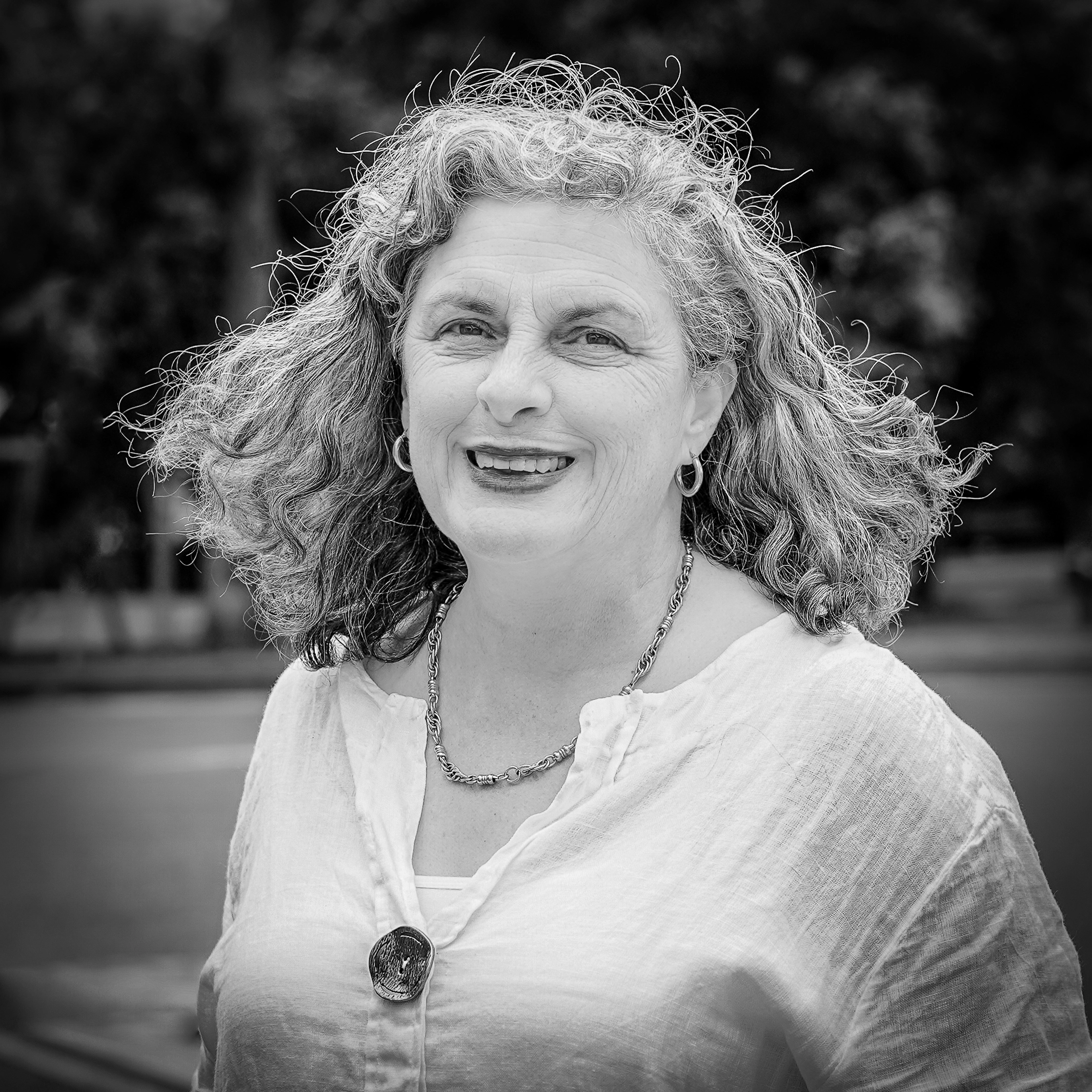
By Arran Hassell CSC, Commandant Land Warfare Centre, Canungra
ANZAC Day this year will be different from any other ANZAC Day we have been a part of. There will be no dawn service, no mid-morning service and no old diggers marching through the streets of towns and cities across Australia. Nevertheless, it will still be ANZAC Day.
This year my family and I will be at the end of our driveway. At 5.59am, we will play the last post (via iphone) and then observe a minute’s silence. We will then play reveille. I’ve also asked one of my boys to learn and recite ‘In Flanders Field’. It will be pretty simple, but it is ANZAC Day and we will be taking the time to pause and remember.
The minute’s silence is a very personal and intimate time for many of us. My mind often races from thoughts of those first ANZACs landing on Gallipoli under heavy fire just before dawn on 25 April 1915; to my great uncle who served in WW2 and suffered terribly from shell-shock; to mates I have served with on operations and those who now struggle with physical or mental injuries; to local men of younger generations who have served and did not come home: Bryce Duffy (killed in Afghanistan on 29 October 2011 – family live on Tamborine Mountain), Matthew Lambert (killed in Afghanistan on 22 August 2011 – buried on Tamborine Mountain), and Darren Smith (killed in Afghanistan on 7 June 2010 – family lives in Tamborine).
This year I will also be taking the time to remember the Australian men and women who served as part of the United Nations Assistance Mission for Rwanda (UNAMIR). This year marks 25 years since these Australians spent ANZAC Day treating the wounded and tending the dead from the Kibeho massacre of 22 April 1995. In particular, there are two men, two mates, who will be forefront in my mind. One counted the dead. The Rwandan Government estimated 338 had been killed. He personally counted 4332 dead. The other, an Army medic, treated the wounded. At one stage, placing himself between the Hutu he was treating and a rifle wielding Tutsi soldier, he protected and saved the life of that individual.
I’ll also be sparing a thought for the 1380 young Australian Defence Force personnel currently serving on seven operations around the world. How differently their ANZAC Day will be to ours this year. Importantly, I always think of their families too. Families who will spend another significant day away from their loved ones not knowing exactly what they are doing, the dangers they face or how they are going.
Who will you remember this ANZAC Day? How will you remember them? What will you do to commemorate those who have served our nation? Just because the Dawn Service and the mid-morning service aren’t proceeding doesn’t mean we can’t commemorate ANZAC Day. I encourage everyone in our communities to remember in your own special way. Get up and stand in your driveway at 6am. Call a friend or relative who you know has served and have a virtual beer with them. Read a story or article about someone who has served. Ask a friend or family member who has served to tell you about one or all of their medals. If you served, wear your medals – don’t lock them away this year – and share a story or two with those who ask.
The Coronavirus means that ANZAC Day in 2020 will be different than any other we have taken part in. For that reason we will remember it forever. We will remember it most if we commemorate in a way we have never done before. Don’t let ANZAC Day just slip past. Make it special, make it count. Whatever you do to commemorate ANZAC Day this year, I’d like to thank you. Thank you for remembering.
Lest we forget.



